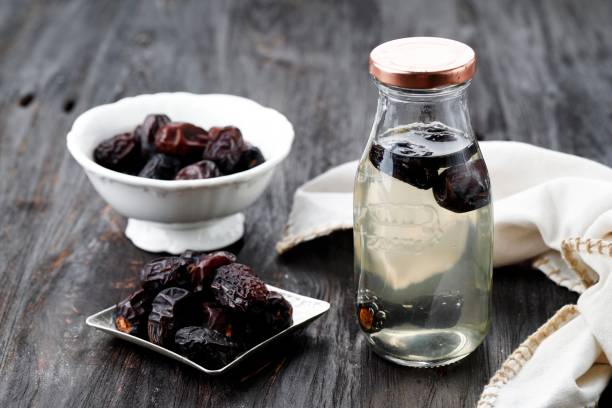Introduction:
In the realm of culinary treasures, few fruits can rival the timeless allure of dates. These humble yet enchanting fruits, plucked from the palms, have been cherished by civilizations across the ages. Their story is not just one of deliciousness but also a testament to the profound relationship between humanity and nature’s bounty.
Origins of Dates: A Taste of Antiquity
Dates, scientifically known as Phoenix dactylifera, have origins deeply rooted in the ancient lands of the Middle East. It’s believed that they have been cultivated for over 6,000 years, with their cultivation dating back to prehistoric times in what is now present-day Iraq. The first recorded mention of dates can be traced to the Sumerians of ancient Mesopotamia, who celebrated the fruit’s exquisite taste and nutritional richness.
As trade routes expanded, so did the reach of the date palm, and the fruit soon found its way to ancient Egypt, where it was regarded as a symbol of fertility and rebirth. Egyptians even buried dates with their pharaohs to sustain them in the afterlife.
The Date Palm: A Symbol of Abundance
The date palm tree, often referred to as the “tree of life” or “tree of abundance,” is a marvel of nature’s design. With its towering height and graceful fronds, it provides shelter, sustenance, and shade to countless species, including humans. The date palm’s resilience in arid climates has made it a symbol of life’s enduring spirit.
Nutritional Richness: The Hidden Treasure Within Dates
While dates are celebrated for their sweet, caramel-like flavor, it’s their nutritional profile that truly makes them shine. These unassuming fruits are a powerhouse of essential nutrients. They are a rich source of dietary fiber, potassium, magnesium, and vitamins like B6. This unique combination of nutrients makes dates a natural choice for promoting overall well-being.
- Dietary Fiber: The high fiber content in dates supports digestive health, regulates bowel movements, and prevents constipation.
- Potassium: Abundant potassium in dates contributes to heart health by helping to maintain healthy blood pressure levels.
- Magnesium: Dates are an excellent source of magnesium, which is essential for muscle function and bone health.
- Vitamins: Dates contain vitamin B6, which plays a role in metabolism and cognitive function.
- Antioxidants: Dates are rich in antioxidants that combat free radicals, protecting cells from oxidative stress and reducing the risk of chronic diseases.
Culinary Versatility: From Sweet to Savory
Beyond being a nutritious snack, dates are a versatile ingredient in the culinary world. They add natural sweetness to desserts, energy bars, and smoothies. In Middle Eastern cuisine, dates are often stuffed with nuts or used in savory dishes, showcasing their adaptability in both sweet and savory preparations.
Conclusion: A Timeless Treasure to Savor
The journey through the history and nutrition of dates is a testament to their enduring appeal. From their ancient origins in Mesopotamia to their widespread cultivation today, dates continue to captivate our taste buds and nourish our bodies. As we embrace the rich history and nutritional richness of dates, we’re reminded that some treasures are indeed timeless and worth savoring in every bite. So, the next time you enjoy a plump, caramel-hued date, remember that you’re savoring not just a fruit but a piece of history and a gift from nature’s abundance.


Healthy sweetener